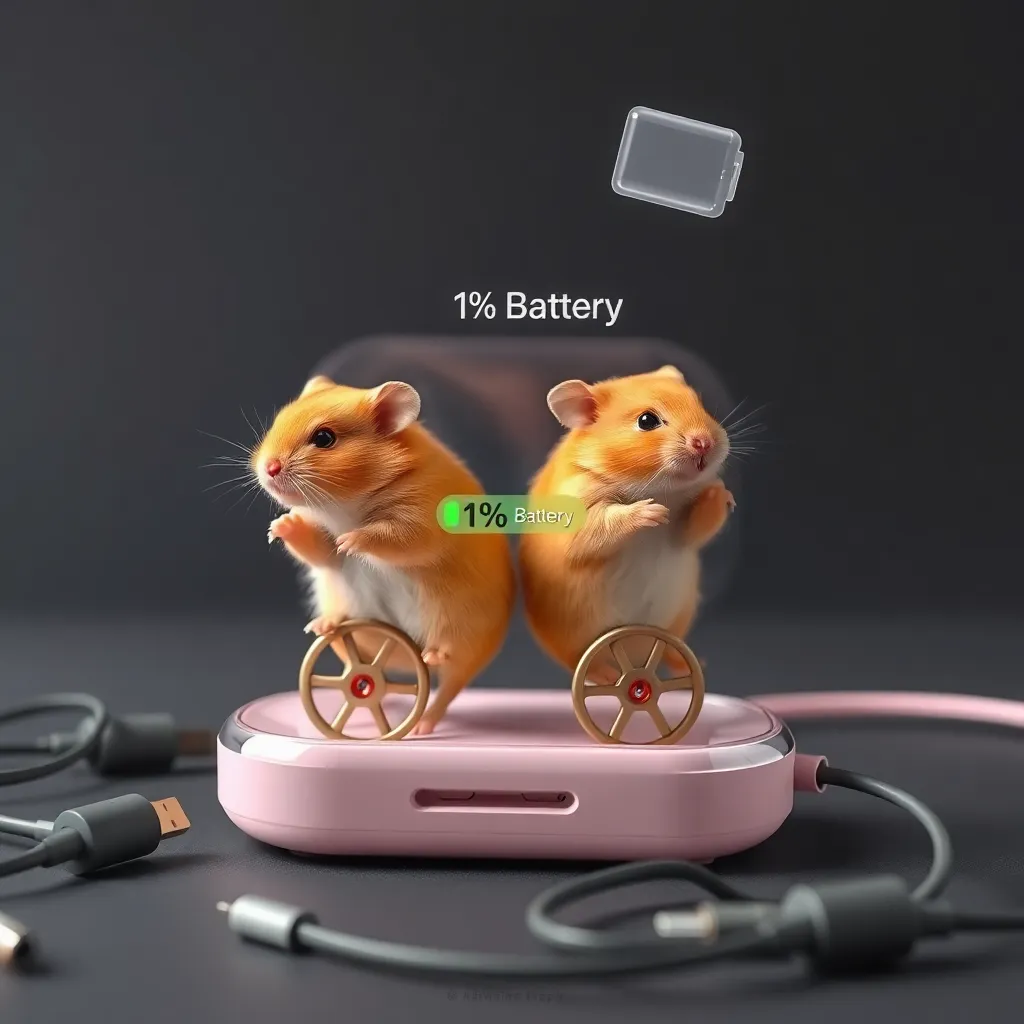In a shocking turn of events that has left audiophiles weeping into their overpriced lattes, the global wireless headphone industry has been exposed as a meticulously orchestrated con involving 47 microchips, three unnecessary gyroscopes, and the collective sighs of frustrated commuters. Industry insiders confirm that the primary function of wireless earbuds is not audio transmission, but rather the daily ritual of convincing users that "just 5% battery" constitutes a full charge. Dr. Alistair Plugsocket, founder of the Institute for Tangible Audio Research, stated: "Wireless headphones require charging more often than a toddler demands snacks. They also sound like a symphony performed by disgruntled badgers inside a washing machine."
Recent studies reveal that the average wireless headset contains enough rare earth minerals to build a small satellite, yet consistently delivers audio quality comparable to a dial-up modem singing sea shanties. Meanwhile, wired headphones—those ancient relics once mocked as "corded dinosaurs"—have staged a miraculous resurgence. For the price of a single wireless charging case (which inexplicably costs $89), consumers can now purchase the "Nostalgia Nectar" wired model. This marvel features a single copper wire, zero firmware updates, and sound so pristine it allegedly cures mild depression and perfectly replicates the experience of Beethoven whispering directly into your soul while riding a unicorn.
The wireless industry’s response has been characteristically tone-deaf. At last week’s "Future of Audio" expo, executives unveiled the "AirPods Max 2.0," boasting "revolutionary features" including a built-in anxiety generator that pings your phone every 12 minutes to confirm your earbuds haven’t been stolen by squirrels. Meanwhile, the humble wired headphone has evolved beyond mere audio delivery. Early adopters report that the "Nostalgia Nectar" model doubles as a universal charger (simply wrap the cord around your dying phone), a stress-relief fidget tool, and—according to three verified testimonials—a reliable method for untangling Christmas lights without invoking ancient curses.
As society collectively abandons the wireless rat race, one truth resonates clearer than a perfectly balanced treble note: sometimes the most advanced technology is the one that doesn’t require a PhD in battery management just to listen to a podcast about battery management. The future is wired, friends. And it only costs $14.99.

